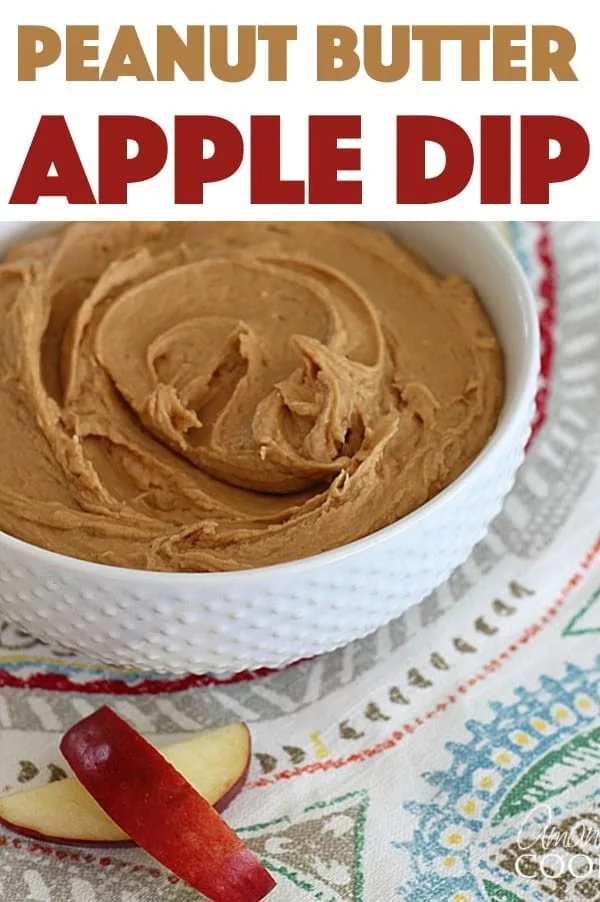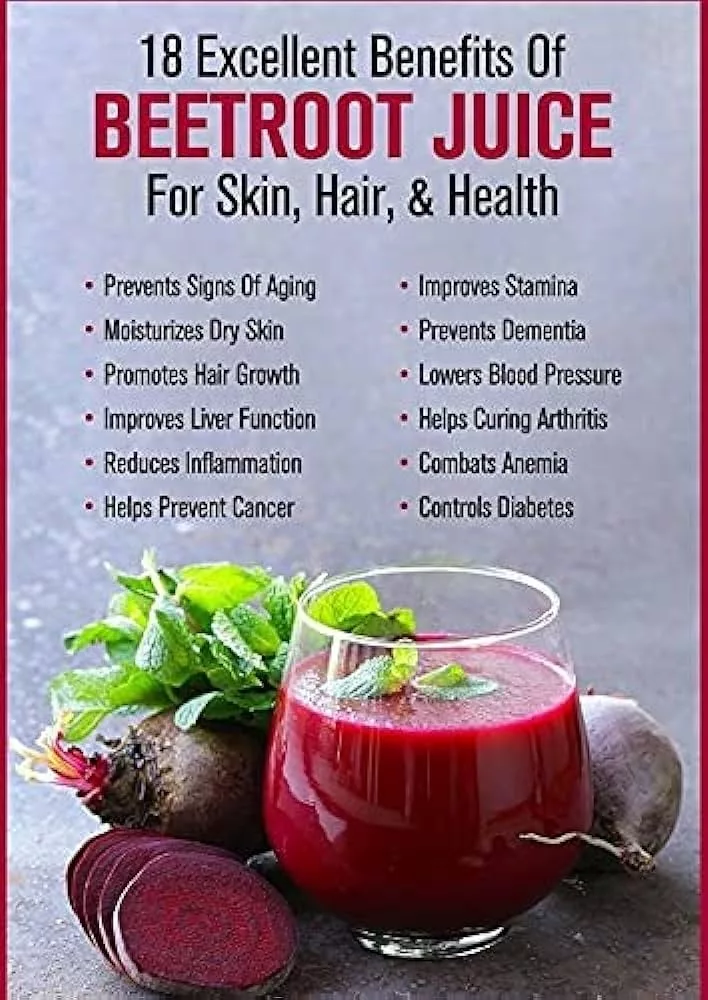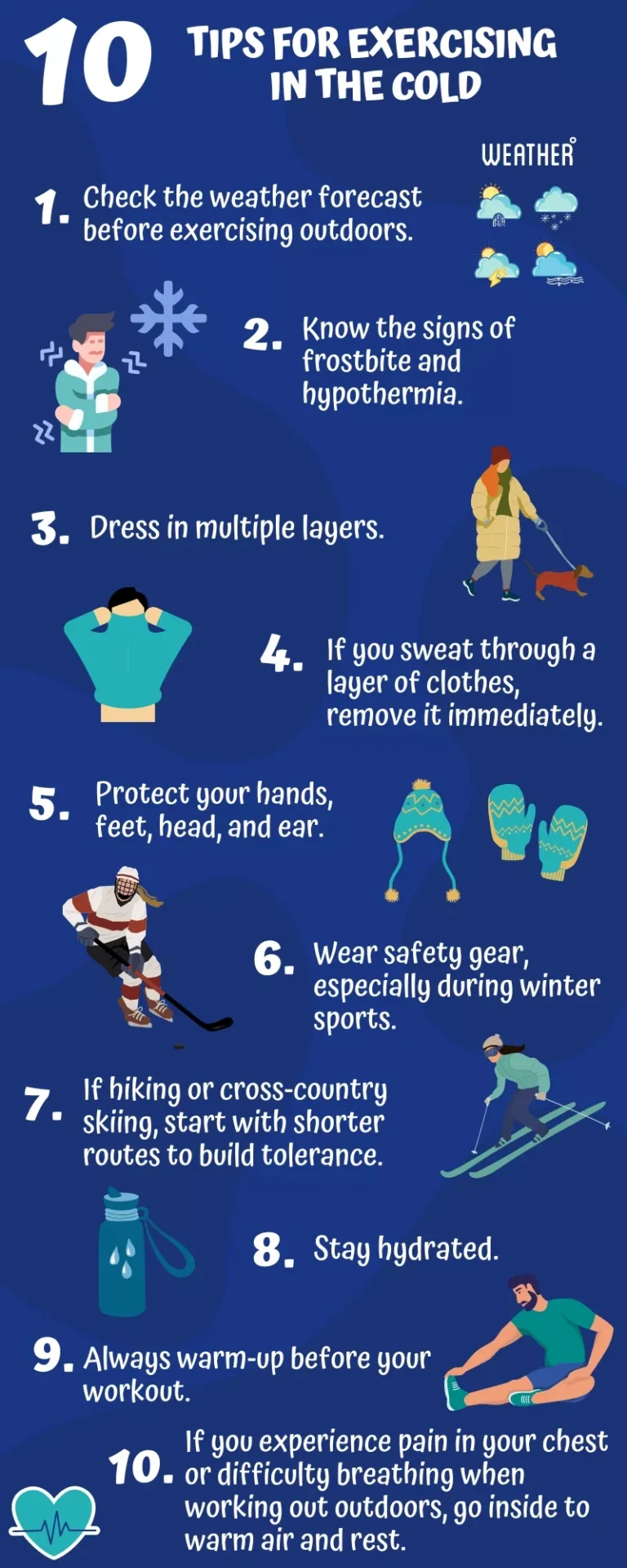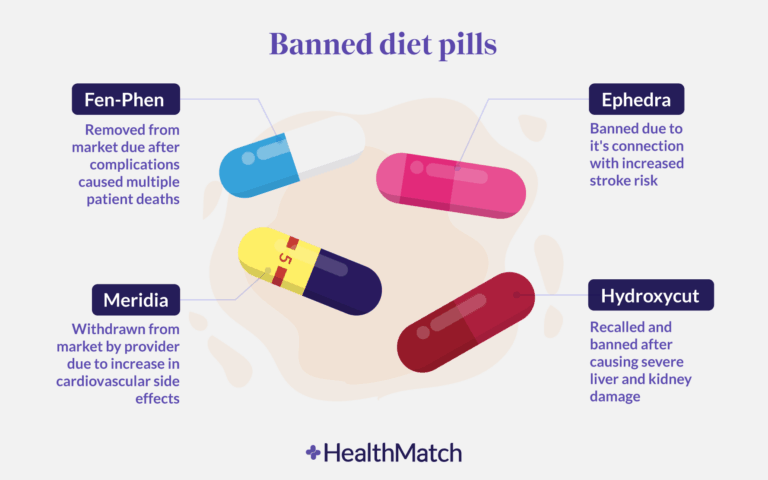Peanut Butter Diet: A Delicious and Healthy Way to Lose Weight
- What is the Peanut Butter Diet?
The Peanut Butter Diet is a dietary method that helps with weight loss by using peanut butter as the main ingredient. Peanut butter is made by processing organic peanuts, and it is rich in flavor and nutrition, allowing you to enjoy tasty meals even during a diet.
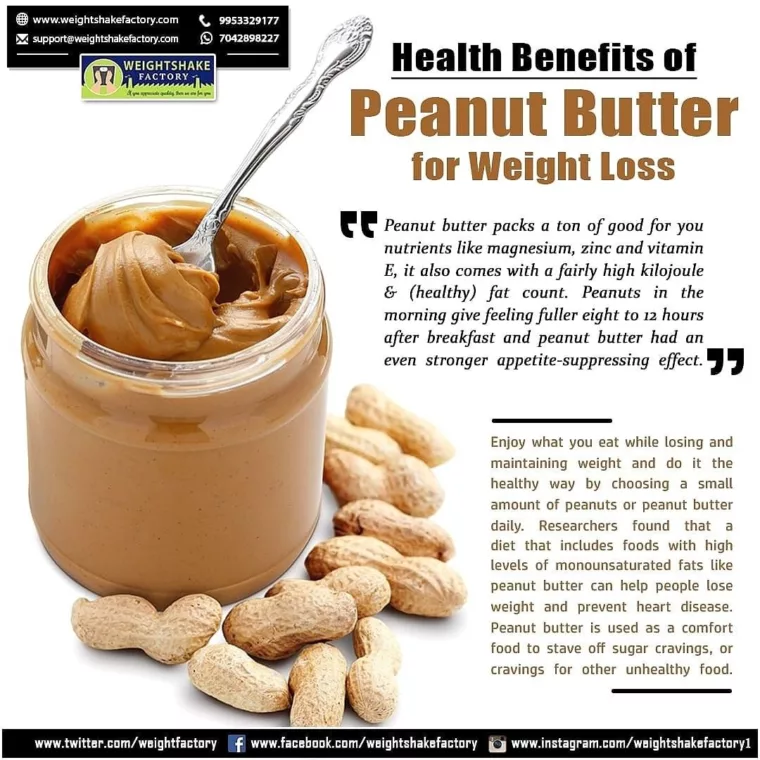
-
Nutritional Analysis of Peanut Butter
Peanut butter contains a variety of nutrients. It has about 588 kcal per 100g and is well-balanced in terms of protein, fat, and carbohydrates. It is particularly rich in various vitamins and minerals that are beneficial for health.
-
Why is Peanut Butter Good for Weight Loss?
Compared to other types of butter, peanut butter generally has a lower fat content. However, this does not mean that its taste or nutritional value is compromised. In fact, peanut butter contains protein and healthy fats that can help maintain a feeling of fullness and suppress appetite, thus aiding in weight loss.
-
Basic Principles of the Peanut Butter Diet
To successfully implement the Peanut Butter Diet, a few basic principles must be followed:
- Consume an appropriate amount of peanut butter. Excessive intake can lead to weight gain, so it’s important to maintain a moderate portion.
- Maintain a balanced diet by considering other nutrients as well.
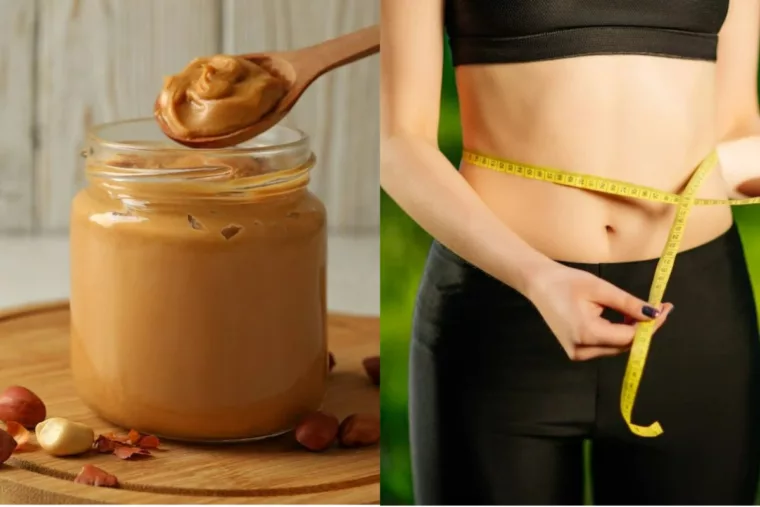
- Easy-to-Implement Peanut Butter Recipes in Daily Life
Here are some recommended peanut butter recipes to easily incorporate into your daily life:
- Breakfast: Peanut butter toast with fruit
- Lunch: Peanut butter sandwich with vegetables
- Dinner: Peanut butter pasta and salad
- Precautions When Doing the Peanut Butter Diet
There are a few things to be cautious about when doing the Peanut Butter Diet:
- People with peanut allergies should be careful, as peanut is an allergen.
- Peanut butter is a high-calorie food, so excessive consumption can lead to weight gain. Maintaining an appropriate portion size is important.
- Health Benefits of the Peanut Butter Diet
The Peanut Butter Diet can provide several health benefits:
- The protein and healthy fats in peanut butter help maintain a healthy body by providing good nutrition.
- It can help suppress appetite and aid in weight loss.
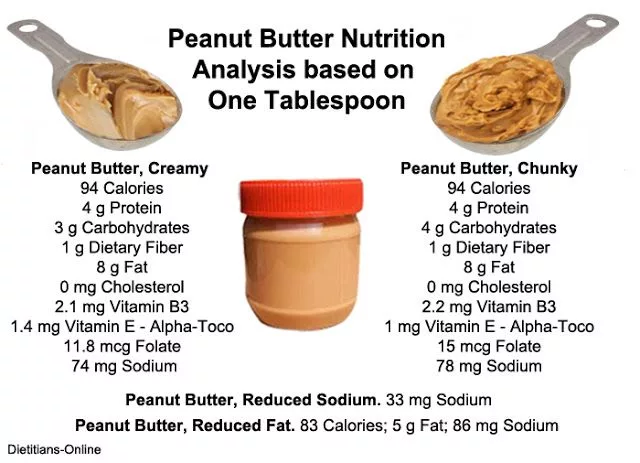
- Benefits of the Peanut Butter Diet
- Increased Satiety: Peanut butter is rich in protein and dietary fiber, allowing you to feel full for a longer period of time and preventing overeating.
2. Promotion of Fat Burning: The unsaturated fatty acids in peanut butter can help promote fat burning, which can assist with weight loss.
3. Blood Sugar Regulation: Peanut butter is a low-GI food, which means it helps stabilize blood sugar levels, making it beneficial for diabetes management.
4. Enhanced Nutrient Intake: Peanut butter is packed with various nutrients such as protein, vitamins, and minerals, contributing to overall health improvement.
However, excessive consumption of peanut butter can lead to weight gain, so it’s important to consume it in moderation. Additionally, the diet effects may vary depending on individual health conditions and goals.

- Potential Side Effects of the Peanut Butter Diet:
- Excessive Calorie Intake: Peanut butter is high in fat and calories, and overconsumption can lead to weight gain instead of weight loss.
- Allergic Reactions: Peanuts are one of the most common food allergens, so consuming peanut butter may trigger allergic reactions in some individuals.
- Digestive Discomfort: The high fiber content in peanut butter can cause abdominal bloating, constipation, or diarrhea for some people.
- Nutritional Imbalance: A diet focused solely on peanut butter may lack the diversity of nutrients needed for overall health, leading to nutritional deficiencies.
- Excessive Fat Intake: The high fat content in peanut butter can contribute to high cholesterol levels and increase the risk of cardiovascular diseases if consumed in excess.
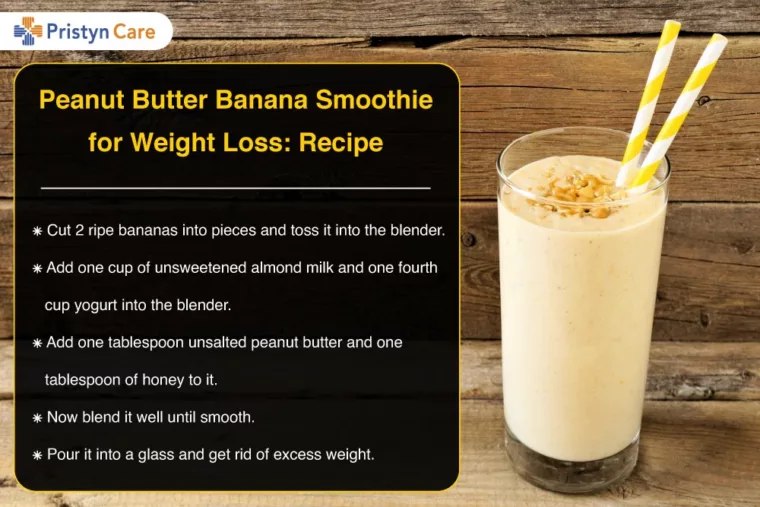
Therefore, it is important to consume peanut butter in moderation and incorporate a balanced diet with a variety of foods. Individual health conditions and weight loss goals should be taken into consideration when planning a peanut butter-based diet.

